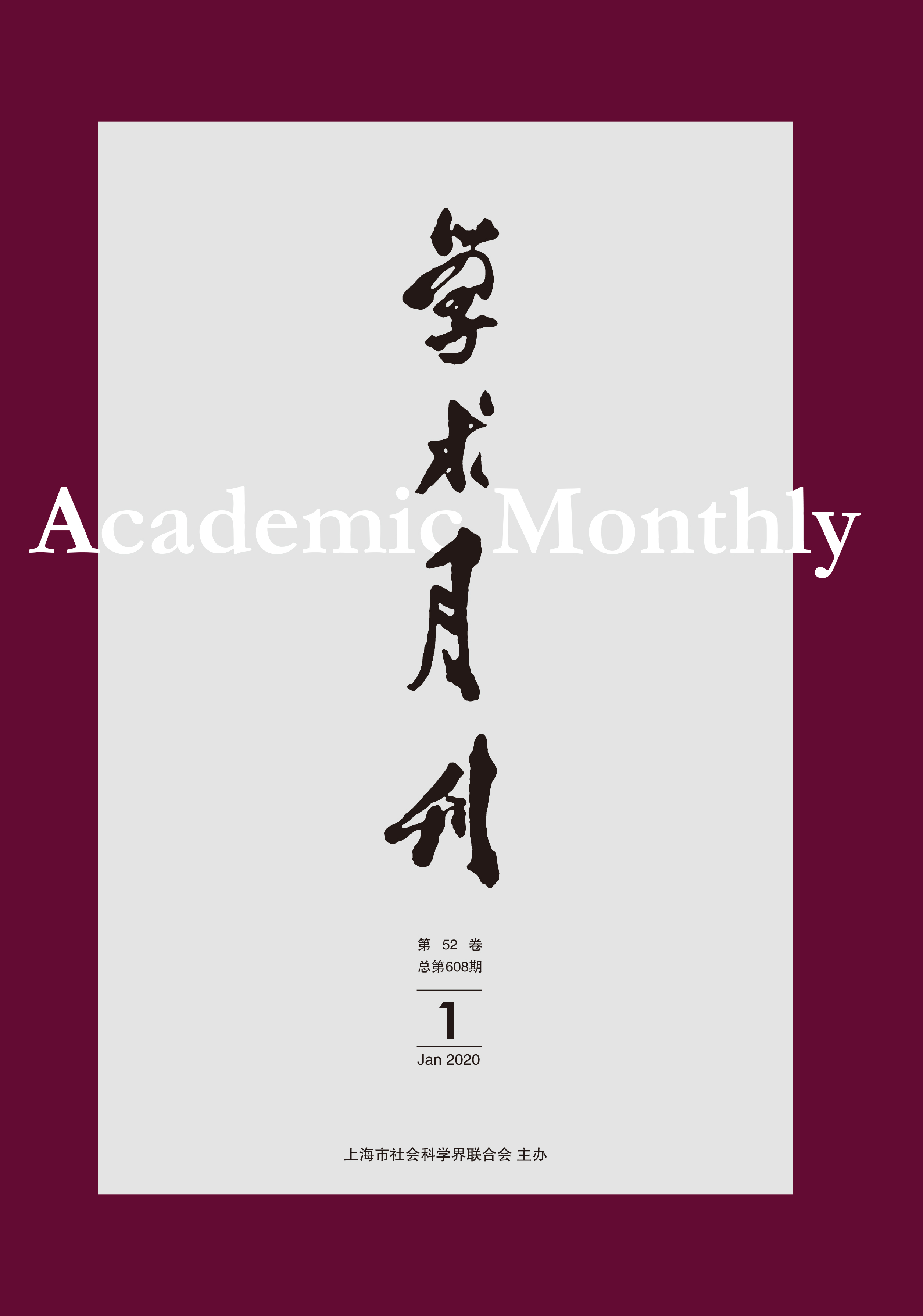The research on Chinese Political Tradition and the Possibility of Historical Politics
- Available Online: 2020-01-01
Abstract: Comparing with the neo-enlightenment politics since 1980s, the arising historical politics involves a chance of paradigm transition which enables us to reconstruct the subject resource of Chinese politics with our own practice rather than the foreign dogma. In the past years, there exists low-lying land on the research of the history of Chinese political thought and institutions, so that it could not promote a virtuous recycle with the upgrade of the whole subject knowledge system. In order to truly develop, assess and reflect on the Chinese politics, the two research branches should be motivated from the deep root and actively pushed to the paradigm transition. Taking the example of Ming Yi Dai Fang Lu (Waiting for the Dawn) by Huang Zongxi and the tradition of supervision institutions, it is more valuable and relevant of the perspective of traditional, endogenous Zhiti (“治体” Fundamentals of politics) revealed by the discussion of historical politics, which inspires us to reevaluate our former sloppy reliance on the theory of democratic polity, separation of powers and checks and balances, and give full respect to the first-hand empirical material to develop original theories and methods. Bringing history back to political science means the awakening self-consciousness of the importance of the long-term historical experience in Chinese civilization for political thinking in contemporary praxis. In the context of the traditional transition between history and reality, historical politics doesn’t merely advocate the reinterpretation of history, but give full consideration to make dialectic and enlightening theoretic explanation for the structure of social-political relations shaping behavior and practice. So there still exists the need of verification and inspiration based on series of representative research.



 沪公网安备 31010102003103号
沪公网安备 31010102003103号 DownLoad:
DownLoad: